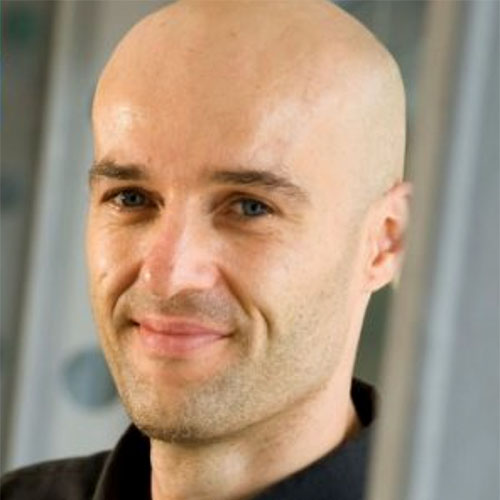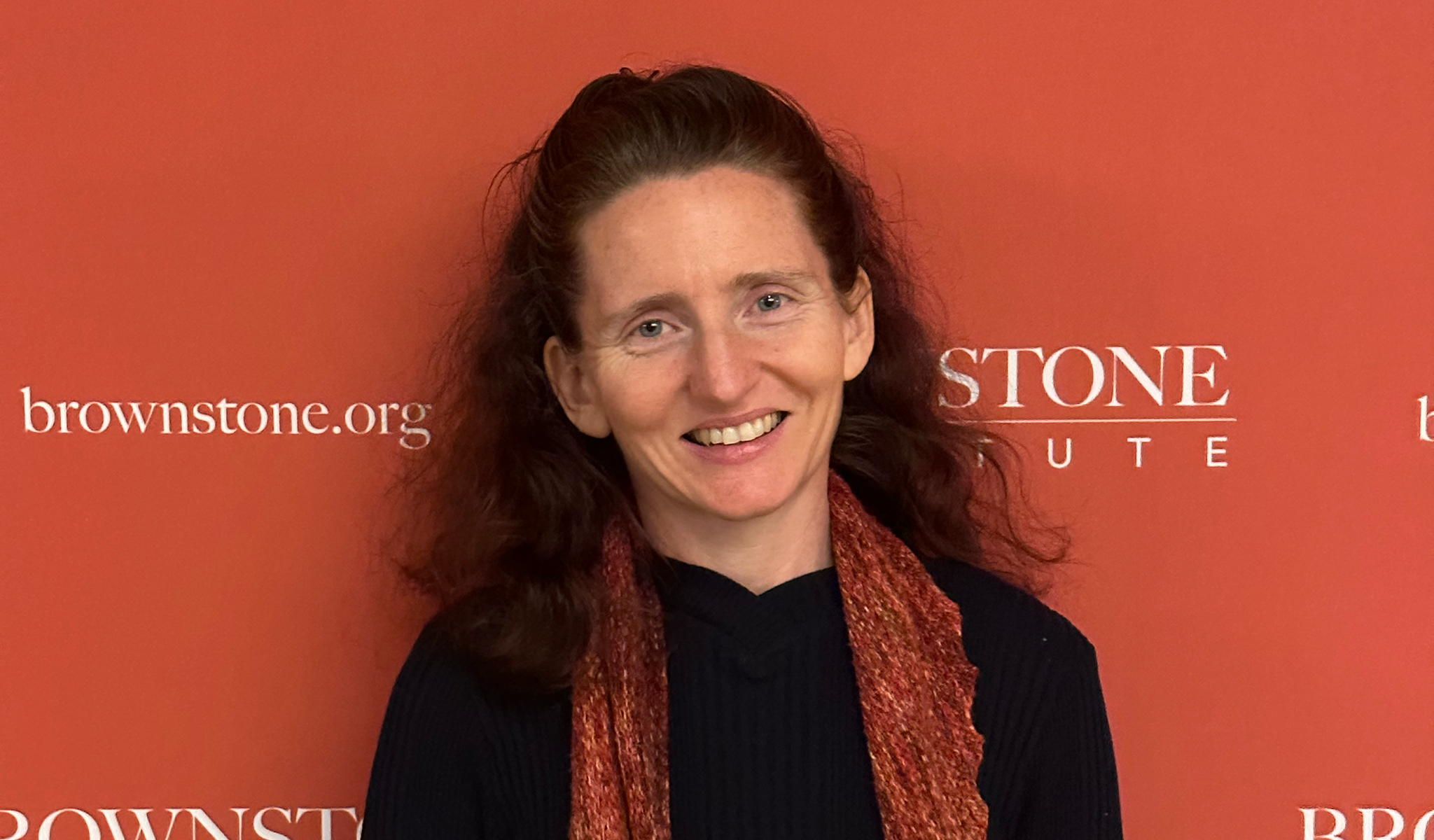For more than two years, the world has been swept up in covid mania. Ordinary people of almost every nationality have accepted the covid ‘story’, applauding as strong men and women have assumed dictatorial powers, suspended normal human rights and political processes, pretended that covid deaths were the only ones that mattered, closed schools, closed businesses, prevented people from earning livelihoods, and caused mass misery, poverty, and starvation.
The more these strong men and women did these things, the louder the applause, and the greater the disapprobation and abuse levelled at those who decried such actions. Police bullying of those speaking out against the covid story was cheered on by populations keen to see the naysayers brought to justice.
The past two years have proved that the Germans of the National Socialist period were really nothing special.
Lest we forget
The West refused to learn, or by now has forgotten, the central lesson of the Nazi period (1930-1945) despite the plethora of eyewitness voices in post-WWII art and science that made it abundantly clear what had happened – from Hannah Arendt to the Milgram experiments to the fabulous play, ‘Rhinoceros’. The key point made by the top intellectuals writing about the Nazi period was that anyone could become a Nazi: there was absolutely nothing odd about the Germans who became Nazis.
They did not become Nazis because their mothers did not love them enough, or because they had rejected God in their life, or because of something inherent in German culture. They simply got seduced by a story and swept off their feet and out of their minds by the herd, making up their reasons as they went along. The brutal lesson that the intellectuals of that era wanted to pass on was that pretty much everyone would have done the same under the circumstances. Evil, in a word, is banal.
As Hannah Arendt pointed out, the most committed Nazis were the ‘Gutmensch’: Germans who genuinely saw themselves as good people. They had been loved by their mothers, were dutiful followers of the local faith, paid their taxes, had ancestors who died for Germany, and were in loving family relationships. They thought they were doing the right thing, and were roundly validated and supported in that belief by friends, family, the church, and the media.
The intellectual class had come face to face with this truth in the 1950s, but the relentless wish of humanity to look away from uncomfortable truths made societies, and over time even scholarly circles, forget. We told lies about the Nazis to feel good about ourselves. This self-rejecting cowardice grew over time and fed into today’s debilitated, self-hating woke culture in which you can hardly reference the Nazi period at all in polite company, much less try to open people’s minds to its lessons, without being accused of being a Nazi deep down yourself.
The Germans forgot not because the information about the Nazi period was hidden. On the contrary, young German schoolchildren were forced to read books and watch documentaries almost constantly. They forgot the central lesson because they could not live with the idea that the behaviour they were told about was normal. So, like everyone else, they pretended that the Nazi period was totally abnormal, led and supported by people who were innately more evil than others.
Yet since nearly everyone succumbed to the Nazi madness, this lie created a problem across the generations. Within families, the young would ask their grandparents how they could possibly not have seen, how they could possibly have abided, how they could possibly have participated. These are the questions of someone who refuses to engage with the radical and awful truth that they would very probably have done the same. They did not want to think that way about themselves, and their parents didn’t want that burden on them either, which is understandable. Who doesn’t want their children to believe they will forever be as pure as snow?
What a young German should have asked was, “what do we need to change about our society today to prevent me from facing the same pressures, to which I recognise that I too would succumb?” This question is very hard and very unpleasant. It also is a response of compassion rather than of rejection of the grandparents. It is much easier and simpler instead to blame the grandparents, to put their evil in a box and condemn it, to grandstand and appear highly ethical, while dismissing one’s grandparents as not really human but some kind of monster.
Which is worse for humanity in the long run: the Nazi sympathiser, or the observer of the Nazi sympathiser who condemns him as a monster?
Externalising evil
Outside of Germany, people forgot the lesson much sooner. A young German wanting to look away from the awful truth that anyone can be a Nazi at least needs to pay the price for her cowardice of condemning her own family as monsters. A typical young French, Thai, or American person need make no such sacrifice. For them it is far easier still to blame the Nazi episode on something alien to them.
The further away the actual memory, the more books emerged about how unique Germans had been for centuries when it came to Jews, or about how Hitler was a one-off marketing genius whose siren call was too rare to emerge ever again, or about how the brutality of the Nazi period was something uniquely Western. The most valuable lesson was quickly forgotten for very understandable reasons. It really is a horrible thought.
The same desire to look away from the awful truth is evident today, even among the minority that has seen the vast majority of their own neighbours and family go berserk. The desire to find a new Hitler who can be blamed, in the form of Klaus Schwab or in the form of a cleverly conniving Chinese leadership. The desire to blame a lack of God in society, or a lack of intelligence, or the apathy of a generation addicted to social media, for the stampeding herd all around us. “If only they had read my book!” “If only they had not brushed with fluoride!” “If only they had not lost their faith!”
Every personal desire is pushed into an explanation for today’s horror that boils down to the fantasy that “they can be fixed if they become more like me,” or said another way, “a snake wormed its way into paradise and we will be fine if we cut off its head.”
One of the basic messages of our book, The Great Covid Panic, is that this is not true – and that we cannot learn the lessons of this period if we indulge in the weakness of thinking that way. There is no snake whose head we can cut off. There is no other quick fix. If we are serious about preventing a recurrence, we must proceed on the basic understanding that the mad herd we see stampeding in front of us is made up of normal people. The future will have people just like them, who will also stampede madly in similar circumstances. We must think hard about how to prevent similar circumstances, rather than about the attributes of this or that leader or the initial state of mind of populations.
Progress starts with sober self-awareness
What is then our explanation for why strong religious groups and maverick personalities within our countries were less affected by the madness? Our explanation is that those most strongly immune to the madness from the very start were already somewhat disconnected from the mainstream, often not even having a television or social media connection to mainstream society. Being outliers at the start protected them from being swept up in the madness of the mainstream crowd.
Yet this is no recipe for the future, because a society of outliers is no society at all. Any social group has a core constituency of those who truly belong. The strong religious groups standing outside of the social mainstream may be inoculated from the madness of the mainstream, but they are just as prone to follow a wave of madness within their own group.
Ditto for any other ‘maverick’ group. Within whatever group they belong to – and all humans belong to groups – humans get swept along when that group goes mad. Hope lies not in a society of outliers, but in a society with better ways of recognising and countering emerging madness, or at least more quickly snapping out of madness when it inevitably emerges.
For young Germans, the covid period has a bittersweet silver lining. It has become clear, again, that the Nazis of the 1930s were entirely normal people, and that everyone else in the world can be a Nazi too. The Germans can release themselves from the belief that there is anything abnormally evil about being German. There is a potential Nazi in all of us.
Join the conversation:

Published under a Creative Commons Attribution 4.0 International License
For reprints, please set the canonical link back to the original Brownstone Institute Article and Author.











